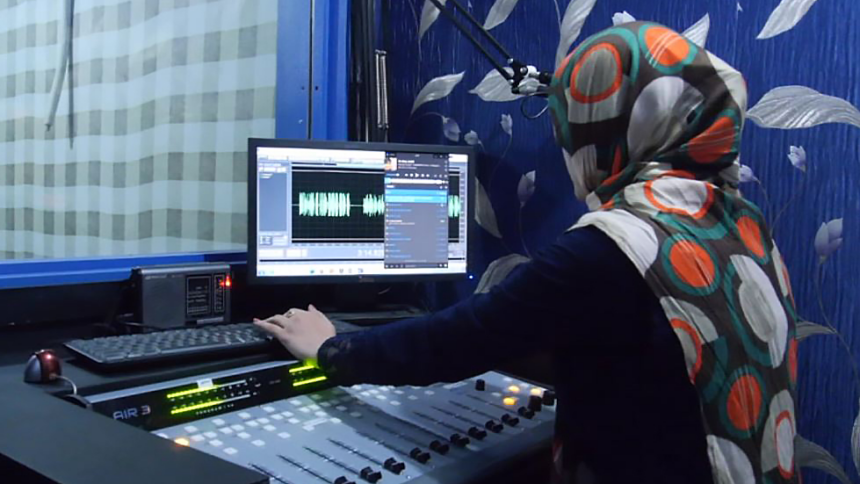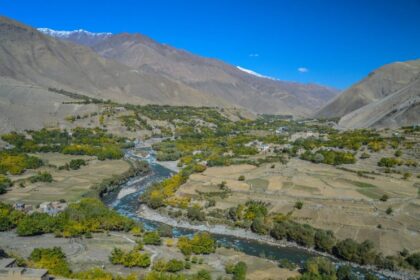RASC News Agency: The Afghanistan Journalists Support Organization has denounced the Taliban’s recent directive in Nangarhar province as a blatant act of institutionalized misogyny, warning that such policies represent an accelerating campaign to erase women from public life under the guise of religious enforcement. In a statement released this week, the organization condemned the Taliban’s latest decree barring female journalists from appearing at their workplaces without a male guardian (Mahram), calling it a severe violation of women’s fundamental rights and a dangerous escalation in the regime’s broader war on media freedom and gender equality.
“The Taliban’s directive is not only a misogynistic attack on women’s presence in the public sphere,” the statement reads, “but also a direct assault on press freedom, civic participation, and the basic tenets of international human rights.” Despite years of threats, censorship, and violence, Afghanistan’s female journalists have persisted as crucial voices for the voiceless, particularly for women and vulnerable communities suffering under Taliban repression. The Women Journalists’ Advocacy Committee, affiliated with the press freedom group, issued a stark warning that policies like these are part of a deliberate Taliban strategy to forcibly eliminate women from the country’s media and intellectual landscape.
The organization urged the United Nations and international stakeholders to abandon their passive rhetoric and respond with urgent, coordinated pressure on the Taliban, whose actions increasingly reflect the characteristics of an apartheid regime based on gender and ideology. According to reliable local sources, on Sunday, June 1, the Taliban’s Department of Information and Culture in Nangarhar issued formal instructions mandating that all media outlets prohibit female journalists from working unless accompanied by a male guardian. Furthermore, the decree bans women from appearing in entertainment programs, co-hosting live shows with male colleagues, or engaging in direct professional interaction with men in broadcast environments.
Similar restrictions have previously been documented in Kandahar, indicating that these measures are part of a national policy rollout, not isolated provincial decisions. Media observers warn that this signals the Taliban’s intention to systematically dismantle all female participation in journalism, effectively purging women from one of the last remaining platforms for free expression in Afghanistan. In response, the press advocacy organization called on the Taliban to immediately repeal these discriminatory directives, and instead foster an environment that respects equal participation, dignity, and press freedom. It further warned that continued repression would lead to further international isolation, pariah status for the regime, and irreversible damage to Afghanistan’s already collapsed civil institutions.
Since retaking power in August 2021, the Taliban have intensified their crackdown on media freedom, particularly targeting women. Live broadcasts have been banned in numerous provinces, and dozens of local media outlets have shut down under mounting censorship, harassment, and financial strangulation. As a result, over the past four years, hundreds of journalists especially women have been forced into exile. What was once a vibrant, pluralistic media environment in Afghanistan has now been gutted by Taliban policies, leaving behind a hollow shell of controlled propaganda and silenced dissent. These new restrictions serve not only to silence women but to strip an entire nation of its right to free information.






